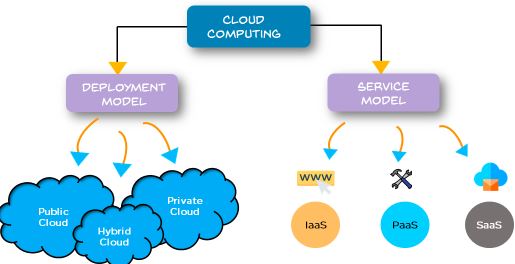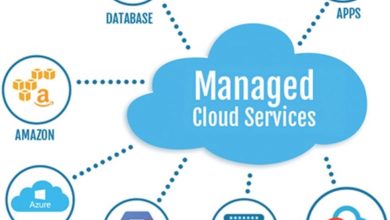What is Cloud Computing? All the Details You Need to Know

Cloud computing is a technology that allows users to access remote computer systems over the internet. This means that you can use cloud services from anywhere, without having to install anything on your own computer. There are many advantages to using cloud services, including the fact that you can access your data from any device, and you don’t have to worry about security or bandwidth issues. In this article, we’ll provide all the details you need to understand cloud computing so that you can decide if it’s right for you!
What is Cloud Computing?
Cloud computing is a type of computing in which resources are provided on-demand over the internet from a remote location. This can include both data storage and processing and can be used to save time and money by avoiding the need to install and maintain physical hardware. It has become a popular way of delivering applications and services to users, as well as allowing businesses to outsource certain tasks.
How Does Cloud Computing Work?
Cloud computing is a model of computing in which applications and data are stored and accessed on remote servers instead of on the local computer of the user. It has several benefits, including allowing users to access their applications and data from any device or location, making it faster and easier to use, and reducing costs.

Benefits of Cloud Computing
Cloud computing is a model of computing where data and applications are stored on remote servers rather than on individual computers. This allows users to access these applications and data from any device or location. The main benefits of using cloud computing include:
– decreased costs: because cloud computing relies on remote servers, it reduces the need for expensive hardware and software.
– increased flexibility: since users can access data and applications from anywhere, they can work from any device or location.
– increased security: with the use of secure passwords and encryption, cloud computing ensures that user data remains safe.
Types of Cloud Services

Cloud computing is a delivery model for computing services, where the provider of the service maintains data centers that host the servers used to provide the service. The client (or user) accesses the service through a web browser, app, or another interface. Cloud computing offers several advantages over traditional computing delivery models such as on-premises computing. Some of these advantages are:
– Reduced infrastructure costs: Cloud services require only a fraction of the hardware and software required for traditional solutions since the provider’s resources are generally greater than what is needed to support a single customer.
– Reduced time to market: Delivering features and applications using cloud technology can often shorten development cycles by taking advantage of pre-deployed resources and facilities.
– Greater flexibility: Services can be tailored to meet specific needs without having to purchase or build specialized infrastructure.
Things to Keep in Mind Before Moving to the Cloud
When contemplating whether or not to move to the cloud, it’s important to take into account a few key points. Here are some things to keep in mind:
-The cloud is flexible and can be adapted to your specific needs.
-It’s easy to get started with the cloud, and there are a variety of options available.
-The benefits of using the cloud include cost savings, increased efficiency, and easier access to resources.
Conclusion
Cloud computing is a big deal, and if you’re not sure what it is or how it works, this article is for you. Cloud computing allows users to access information and applications over the Internet, rather than on local devices. This offers several advantages, including increased flexibility and mobility. In addition, cloud-based services can be accessed from any device with an Internet connection. Finally, because cloud-based services are managed by a remote provider, there is little risk of data loss or downtime.



